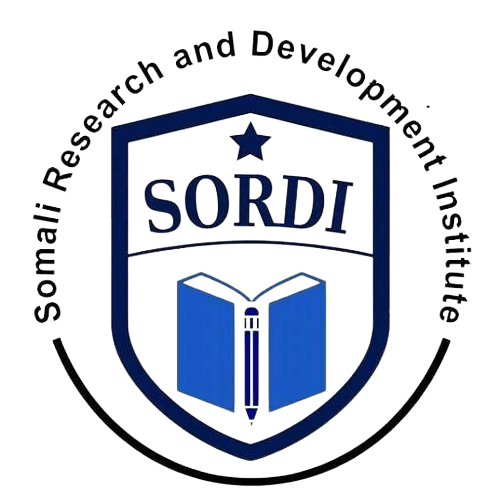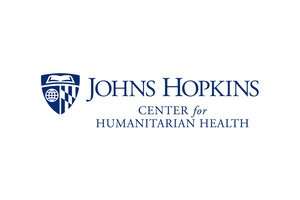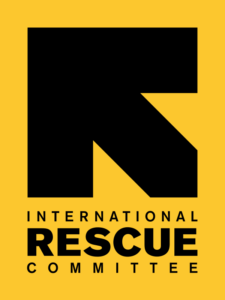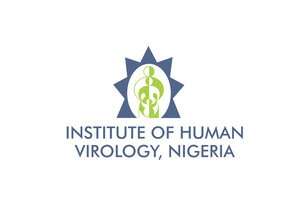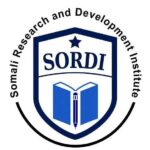Ensuring Quality Access and Learning (EQUAL) for Mothers and Newborns in Conflict-Affected.
Design
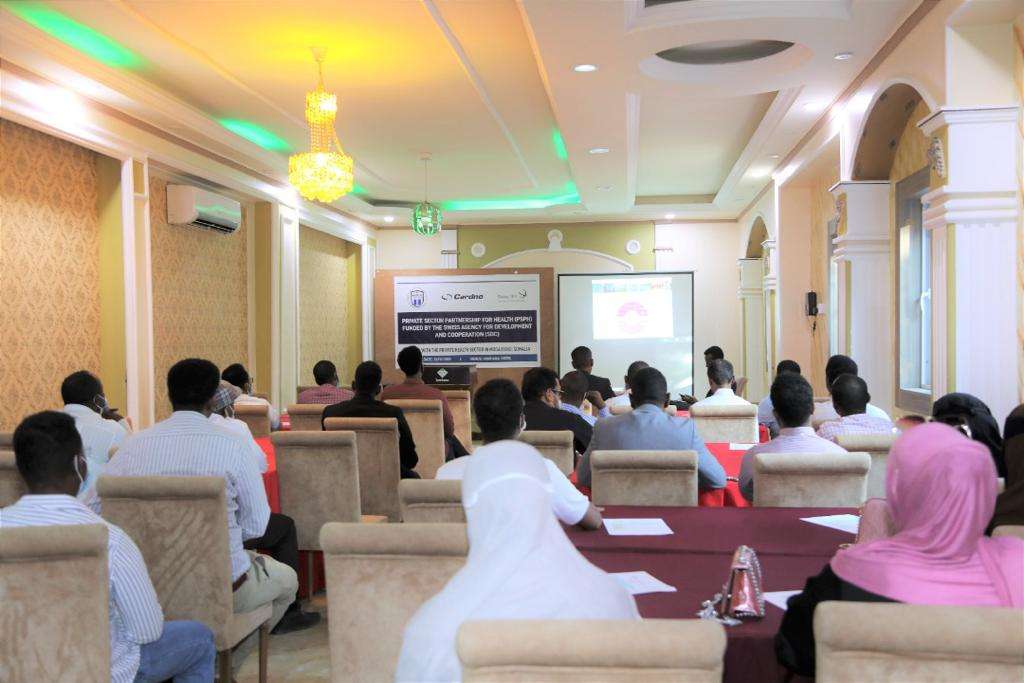
Political economy analysis (PEA) of the evolution of politics, financing, and practice affecting MNH.
Maternal and newborn health (MNH) has been largely neglected in low-income, conflict-affected settings, as demonstrated by limited donor funding and research. Existing studies rarely examine the unique challenges of delivering health care in conflict-affected settings. These challenges are
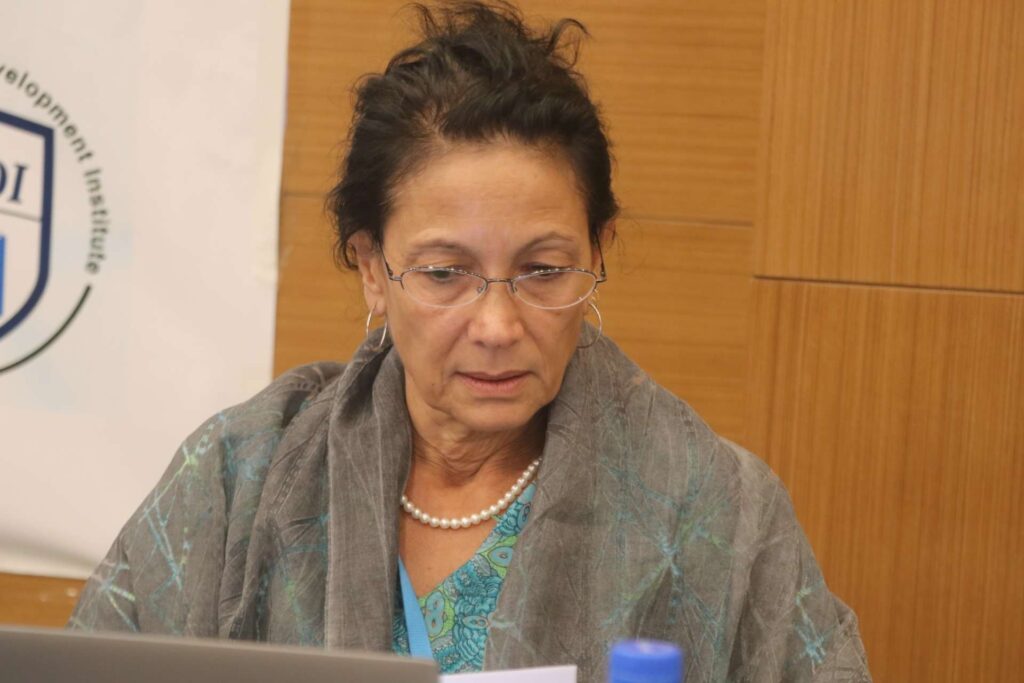
Implementation research on CHW-delivered MNH services (Benadir and Galgaduud, Somalia)
While medical care provided at a health facility is recommended, it is not always possible in crisis-affected communities where health systems are weak, facilities are damaged or distant, and trained providers are limited. In these cases, community health systems – including the support of
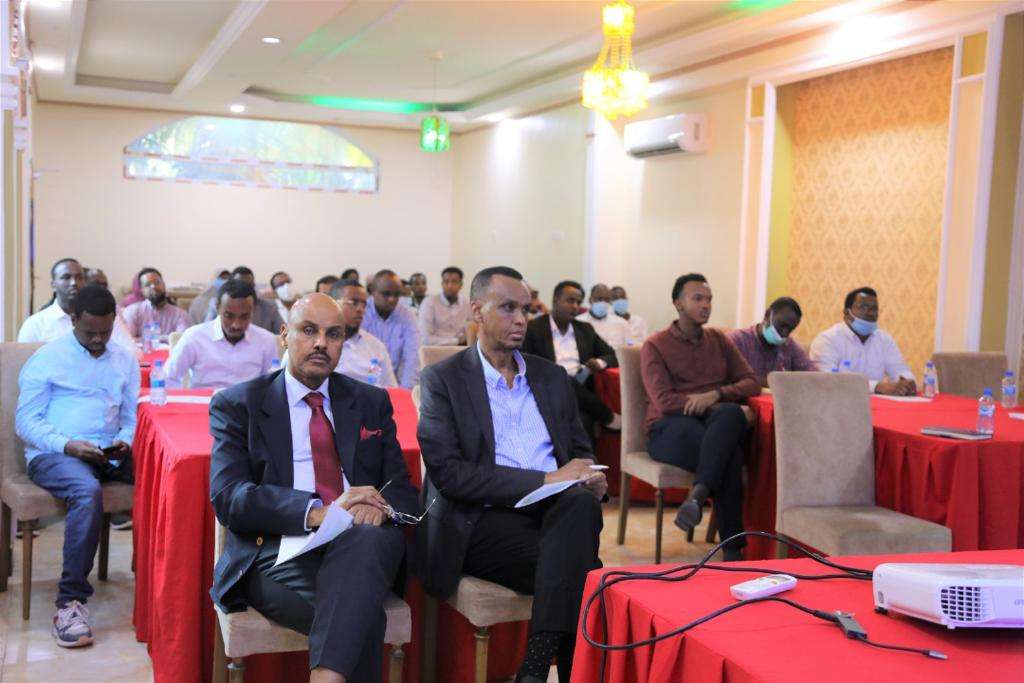
Longitudinal assessment of midwifery education and services (Benadir and Galgaduud, Somalia)
To end all preventable maternal and neonatal deaths, services such as those included in emergency obstetric and neonatal care (EmONC) are critical. Unfortunately, the interventions and delivery mechanisms that would ensure these life-saving services are accessible and high
